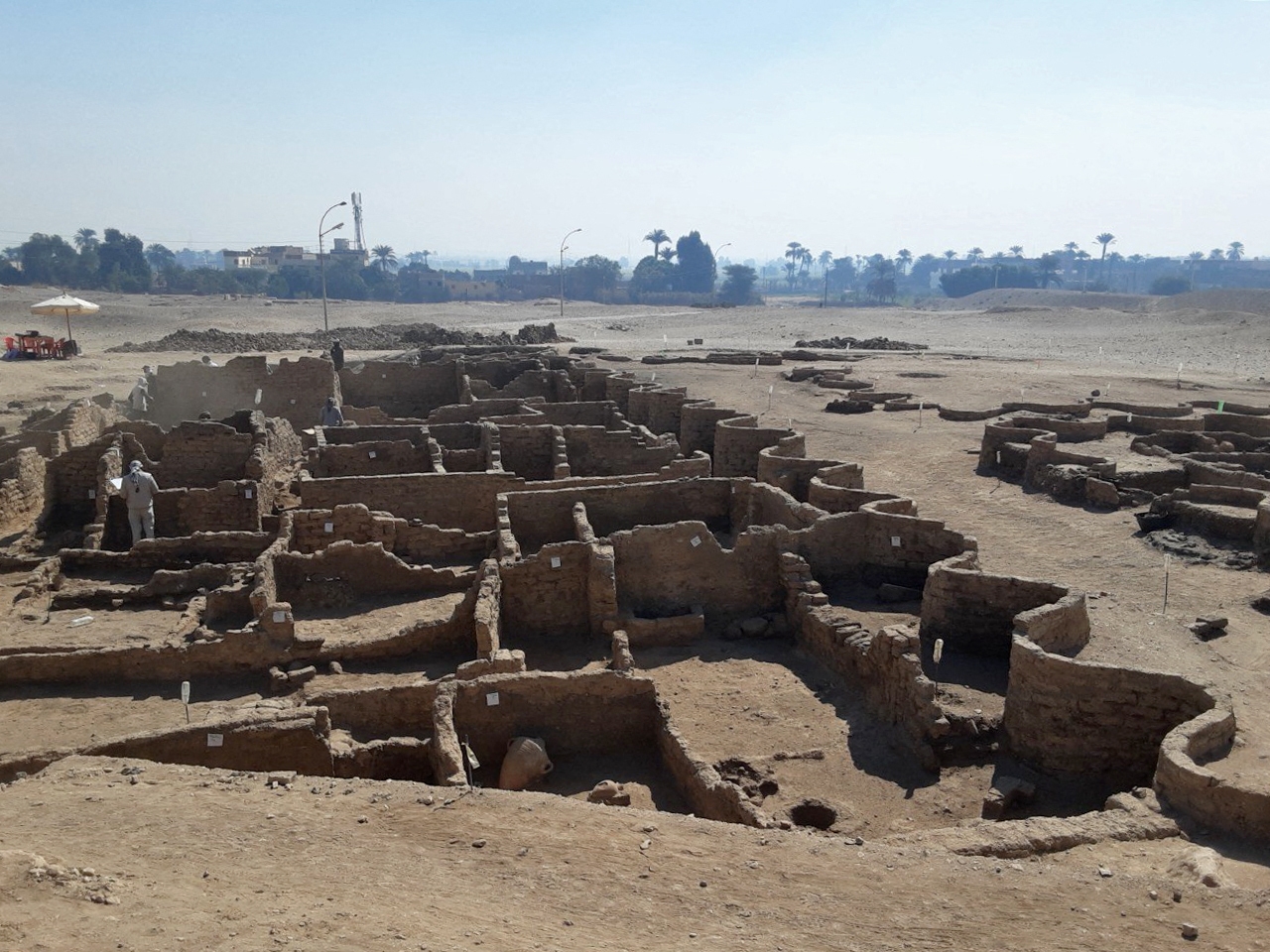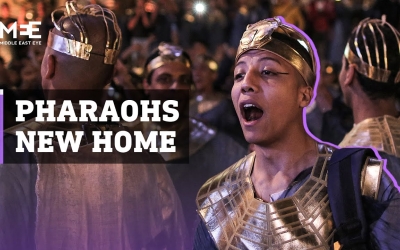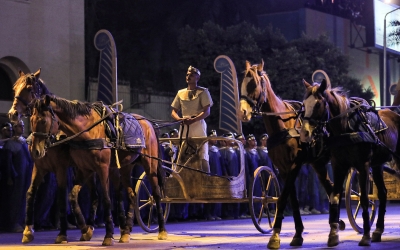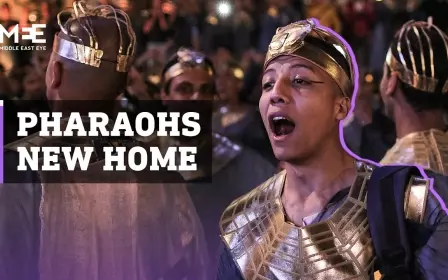Egypt: Archaeologists uncover 'lost golden city' buried under the sands

Archaeologists have uncovered the remains of an ancient city in the desert outside Luxor that they say is the "largest" ever found in Egypt and dates back to a golden age of the pharaohs 3,000 years ago.
Famed Egyptologist Zahi Hawass announced the discovery of the "lost golden city," saying the site was uncovered near Luxor, home of the legendary Valley of the Kings.
"The Egyptian mission under Dr Zahi Hawass found the city that was lost under the sands," the excavation team said in a statement on Thursday.
"The city is 3,000 years old, dates to the reign of Amenhotep III, and continued to be used by Tutankhamun and Ay."
The team called the find "the largest" ancient city to be uncovered in Egypt, AFP reported.
Betsy Bryan, professor of Egyptian art and archaeology at Johns Hopkins University, said the find was the "second most important archeological discovery since the tomb of Tutankhamun" nearly a century ago, according to the team's statement.
Items of jewellery have been unearthed, along with coloured pottery vessels, scarab beetle amulets and mud bricks bearing seals of Amenhotep III.
"Many foreign missions searched for this city and never found it," said Hawass, a former antiquities minister.
The team began excavations in September, between the temples of Ramses III and Amenhotep III near Luxor, some 500km south of Cairo.
"Within weeks, to the team's great surprise, formations of mud bricks began to appear in all directions," the statement said.
"What they unearthed was the site of a large city in a good condition of preservation, with almost complete walls, and with rooms filled with tools of daily life."
'Tombs filled with treasures'
After seven months of excavations, several neighbourhoods have been uncovered, including a bakery complete with ovens and storage pottery, as well as administrative and residential districts.
Amenhotep III inherited an empire that stretched from the Euphrates River in modern Iraq and Syria to Sudan, and died around 1354 BCE, ancient historians say.
'The archaeological layers have laid untouched for thousands of years, left by the ancient residents as if it were yesterday'
- excavation team
He ruled for nearly four decades, a reign known for its opulence and the grandeur of its monuments, including the famous Colossi of Memnon - two massive stone statues near Luxor that represent him and his wife.
"The archaeological layers have laid untouched for thousands of years, left by the ancient residents as if it were yesterday," the team's statement said.
Bryan said the city "will give us a rare glimpse into the life of the ancient Egyptians at the time where the empire was at his wealthiest".
The team said they were optimistic that further important finds would be revealed, noting they had discovered groups of tombs reached through "stairs carved into the rock," a similar construction to those found in the Valley of the Kings.
"The mission expects to uncover untouched tombs filled with treasures," the statement added.
Sisi criticism
Following the Covid-19 pandemic, which dealt a severe blow to Egypt's tourism industry, the country is seeking to bring back visitors, in particular by promoting its ancient heritage.
Last week, Egypt transported the mummified remains of 18 ancient kings and four queens across Cairo from the iconic Egyptian Museum to the new National Museum of Egyptian Civilisation in a procession dubbed the "Pharaohs' Golden Parade".
Among the 22 bodies were those of Amenhotep III and his wife Queen Tiye.
President Abdel Fattah el-Sisi, who received the mummified royals at the newly inaugurated National Museum of Egyptian Civilisation, hailed the event as a national success.
However, despite the pomp and celebratory mood, many took to social media to criticise the event for prioritising the celebration of the dead, while the living - including political detainees, and victims of Covid-19 and a recent train crash - were being neglected.
Several commentators accused the government of using the parade to distract from human rights abuses.
"I hope that one day in Egypt, the living will be celebrated with the same grandeur as the celebration of the dead," said Egyptian writer May Azzam. "If death has majesty... life has rights."
Sisi, who overthrew the country's first democratically elected president, Mohamed Morsi, in a 2013 coup, has overseen an extensive crackdown on political dissent that has steadily tightened in recent years.
An estimated 60,000 political prisoners are being held in Egyptian jails, according to rights groups.
Middle East Eye delivers independent and unrivalled coverage and analysis of the Middle East, North Africa and beyond. To learn more about republishing this content and the associated fees, please fill out this form. More about MEE can be found here.






